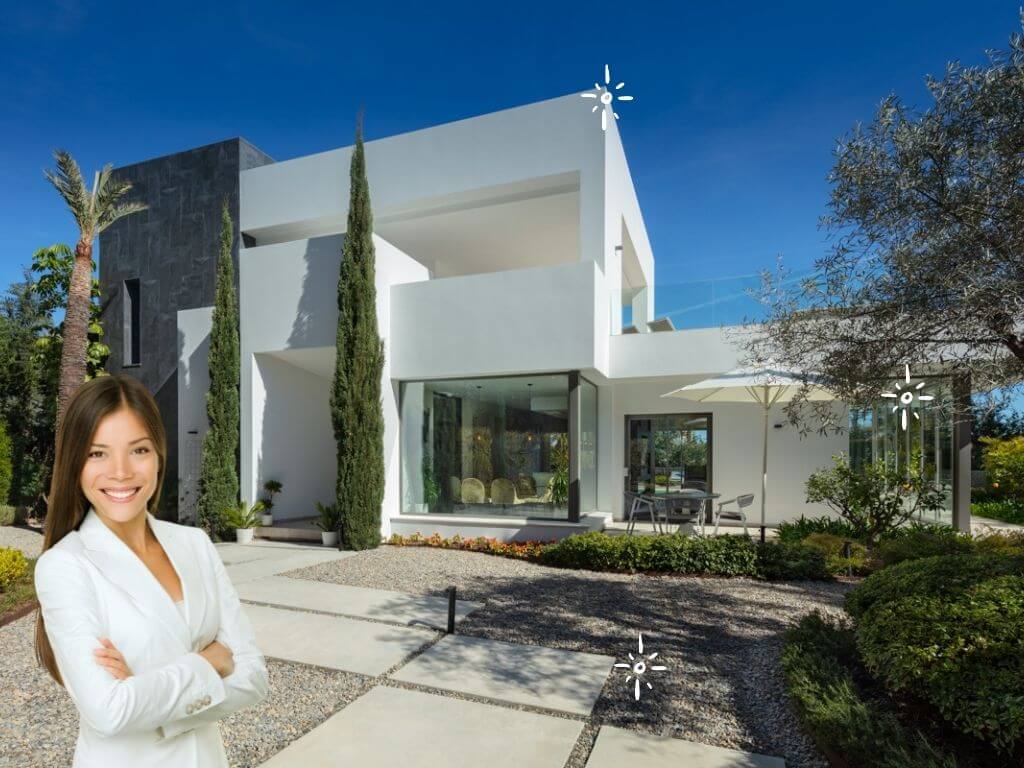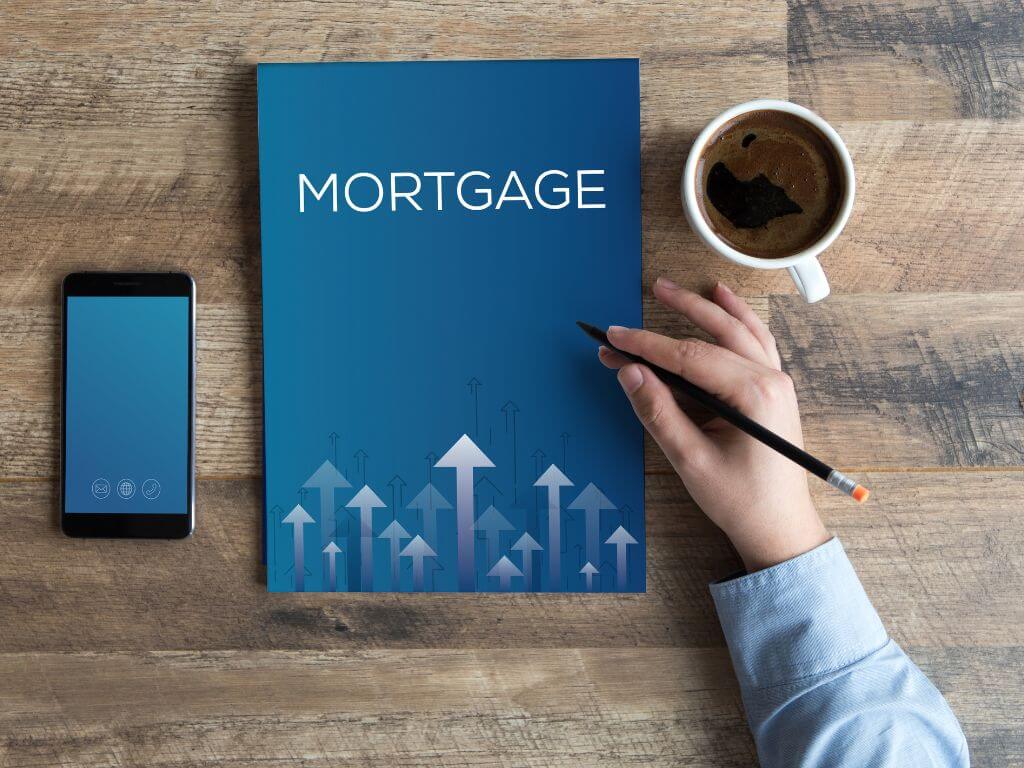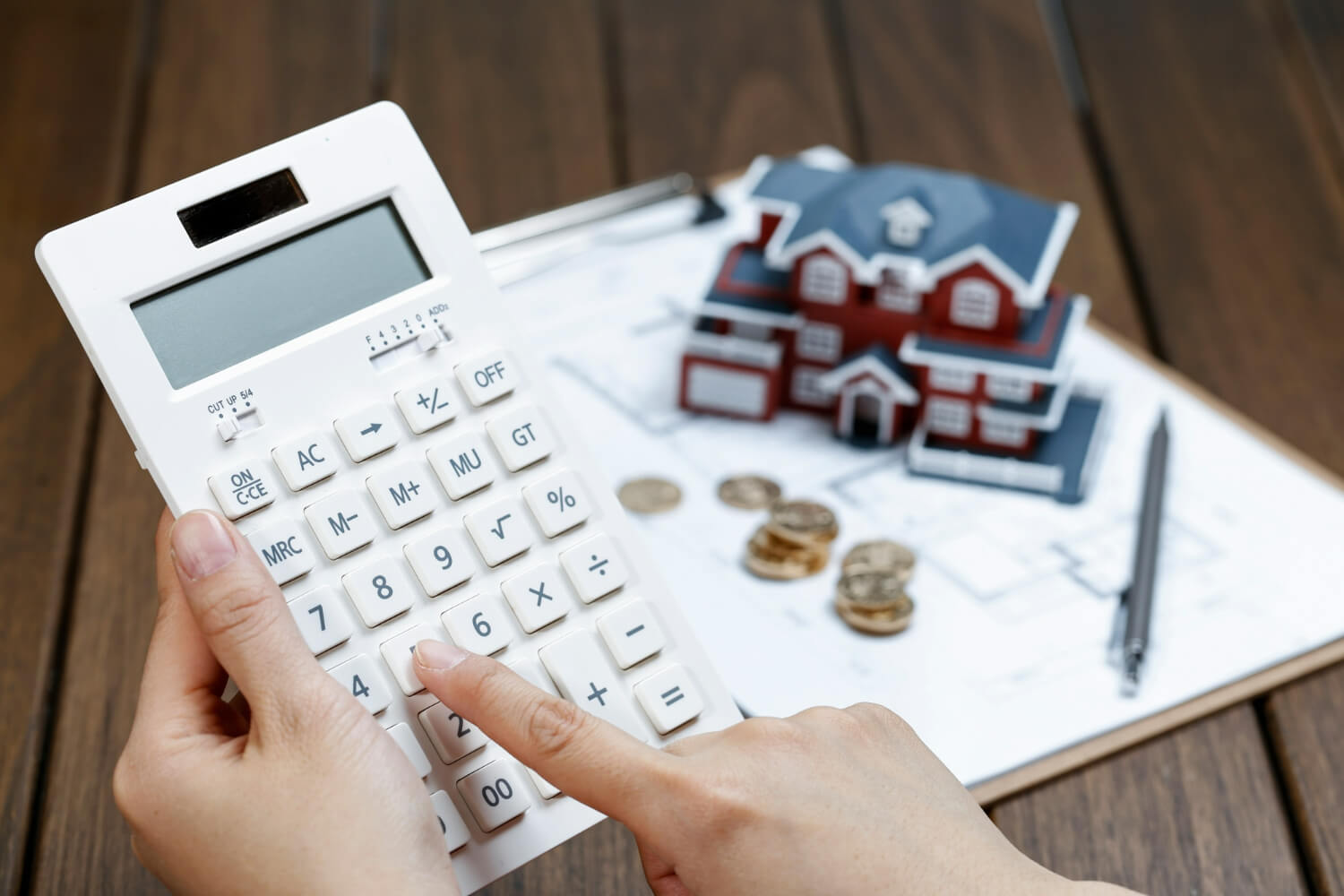If you’re thinking of buying property in Spain, there are a few things you need to know about the cost.
First, you’ll need to find a good estate agent. This is someone who will help you find the right property and negotiate the best price. Second, you’ll need to factor in the cost of legal fees and taxes.
These can add up, so it’s important to get a good estimate before making an offer on a property. Finally, remember that the cost of living in Spain is generally higher than in other countries.
This means that you’ll need to budget for things like utilities and food. With all these factors in mind, here’s a breakdown of the typical cost of buying property in Spain:
Cost of buying property in Spain
For new build:
- VAT =10%
- Property registration fees = 1.5%
- Lawyer between 1 and 2%:
- Other costs: Notary, stamps,…
For Resales properties
- Transfer Tax = 6 to 10% at the general tax rate (but you have reduced rates in certain cases). This amount depends on which Spanish region this property is located.
- Property registration fees = 1.5%
- Lawyer between 1 and 2%
- Other costs: Notary, stamps,…
As you can see, there are a lot of costs to consider when buying property in Spain. However, if you do your research and budget carefully, you can find a property that’s perfect for you without breaking the bank.
Cost of property in Spain
The cost of property in Spain varies depending on the location, size, and type of property you’re looking for. In general, prices start at around €50,000 for a small apartment and can go up to €5 million or more for a luxury villa. However, it’s important to remember that the price is not the only factor to consider when buying property.
You also need to factor in the cost of legal fees, taxes, and stamp duty (see above). With all these costs in mind, here’s a breakdown of average property prices in Spain:
– Average price of a small apartment: €50,000
– Average price of a large apartment: €200,000
– Average price of a villa: €500,000
As you can see, the cost of property in Spain can vary widely depending on your needs and budget. However, with careful planning, you can find a property that’s perfect for you without breaking the bank.

Finding a good estate agent
Finding a good estate agent is key to finding the right property in Spain at the right price.
The cost of buying property in Spain can vary depending on the location, type of property, and other factors, but a good estate agent will be able to guide you through the buying process and help you find the best deal, and explain the paperwork costs and other costs involved
Resale properties or new property?
Another factor to consider when buying property in Spain is the type of property you are interested in. Resale property, for example, can often be found at a lower cost than new build property.
If you are looking for a bargain, then resale property is worth considering.
Location, Location, Location
Of course, one of the most important factors to consider when buying property in Spain is the location. If you want to be close to the beach or other amenities, then you will need to factor this into your budget. Not only Costa del Sol but all the coastal areas are good locations. Alternatively, if you are looking for a more rural property, then you may be able to find a cheaper option.
Purchase price
The purchase price is not the only cost to consider when buying property in Spain. There are also taxes and fees that must be paid, such as stamp duty and legal fees. These costs can vary depending on the type of property you are buying and the location, so it is important to factor them into your budget.

Mortgages
If you are taking out a mortgage to finance your property purchase, then you will need to factor in the interest rate and other associated costs. Mortgage rates in Spain are currently at historic lows, so now is a great time to buy.
Mortgages cost
The cost of taking out a mortgage in Spain can vary depending on the lender and the type of mortgage you choose. Fixed-rate mortgages are usually more expensive than variable-rate mortgages, but they offer the security of knowing that your monthly payments will stay the same for the duration of the loan.
Variable-rate mortgages, on the other hand, can be cheaper initially but may increase over time if interest rates rise.
You should also consider the length of the mortgage when comparing costs. shorter mortgages will usually have higher monthly payments but will save you money in the long run.
Land registry
When you buy a property in Spain, you will need to pay a land registry fee. This fee is used to register the property in your name and is based on the purchase price of the property.
Notary fees
Another cost to consider when buying property in Spain is the notary fee. This is a fee charged by the notary public for their services in registering the property.
Legal fees
If you are using a lawyer to help with your property purchase, then you will need to factor their fees into your budget. Lawyers’ fees can vary depending on the complexity of the sale, so it is important to get an estimate before you commit to using their services.
Other costs
There are other costs associated with buying property
To sum up, there are several factors to consider when budgeting for your property purchase in Spain.
Budgeting for your Spanish property
Once you have considered all of the above factors, you can start to budget for your property purchase. As a general rule, it is advisable to have a deposit of at least 10% of the purchase price saved up before starting the process.
The deposit will be used to pay for the property, and the remaining balance will be paid in the form of a mortgage or cash.
It is also important to factor in the other costs associated with buying property in Spain, such as stamp duty, legal fees, and land registry fees.
By taking all of these costs into account, you can be sure that you have a realistic budget for your property purchase in Spain.
Final thoughts
As final thoughts before you start buying a property, you might think on talking to a tax advisor. Property taxes in Spain can be complex, and it is advisable to seek professional advice to ensure that you are compliant with the law.
A good Spanish lawyer can help also with questions like capital gains tax liability, tax authorities, bank account, property tax, municipal tax, non-resident tax,


